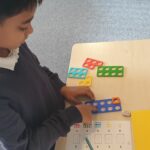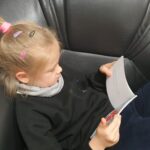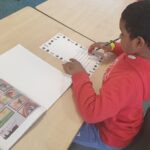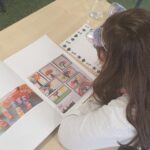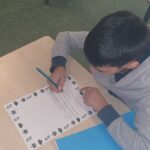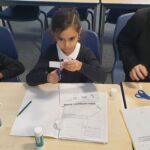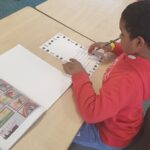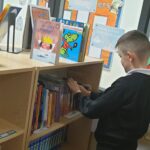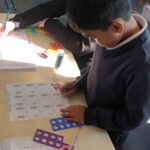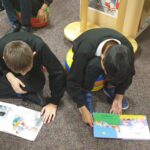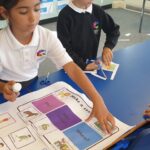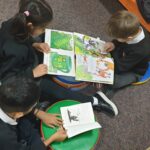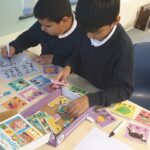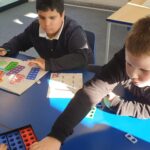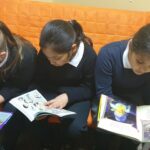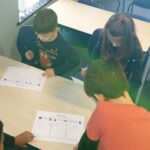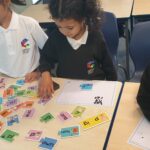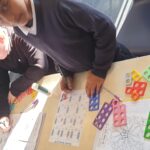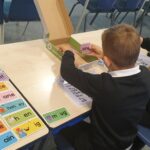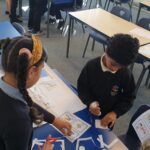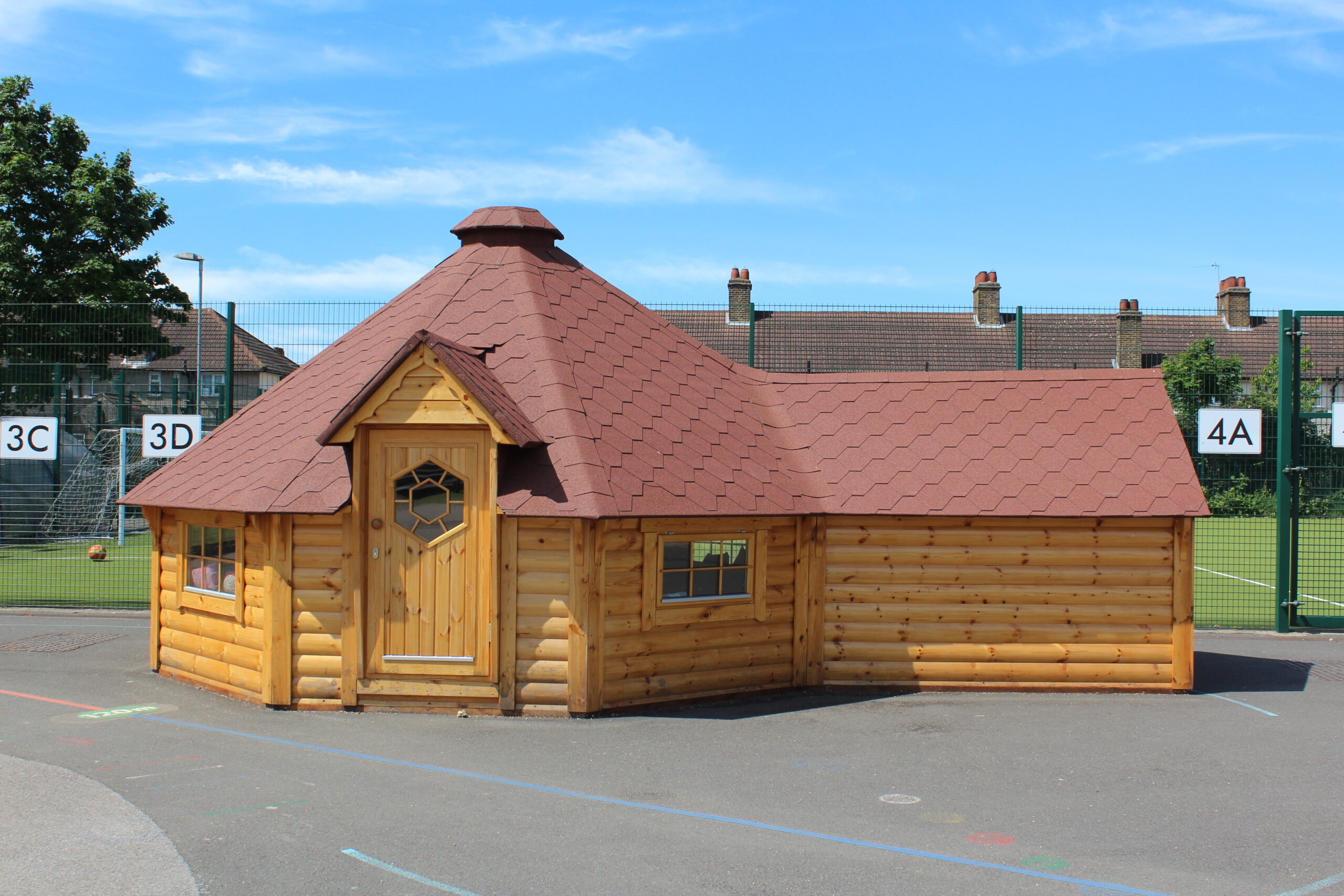

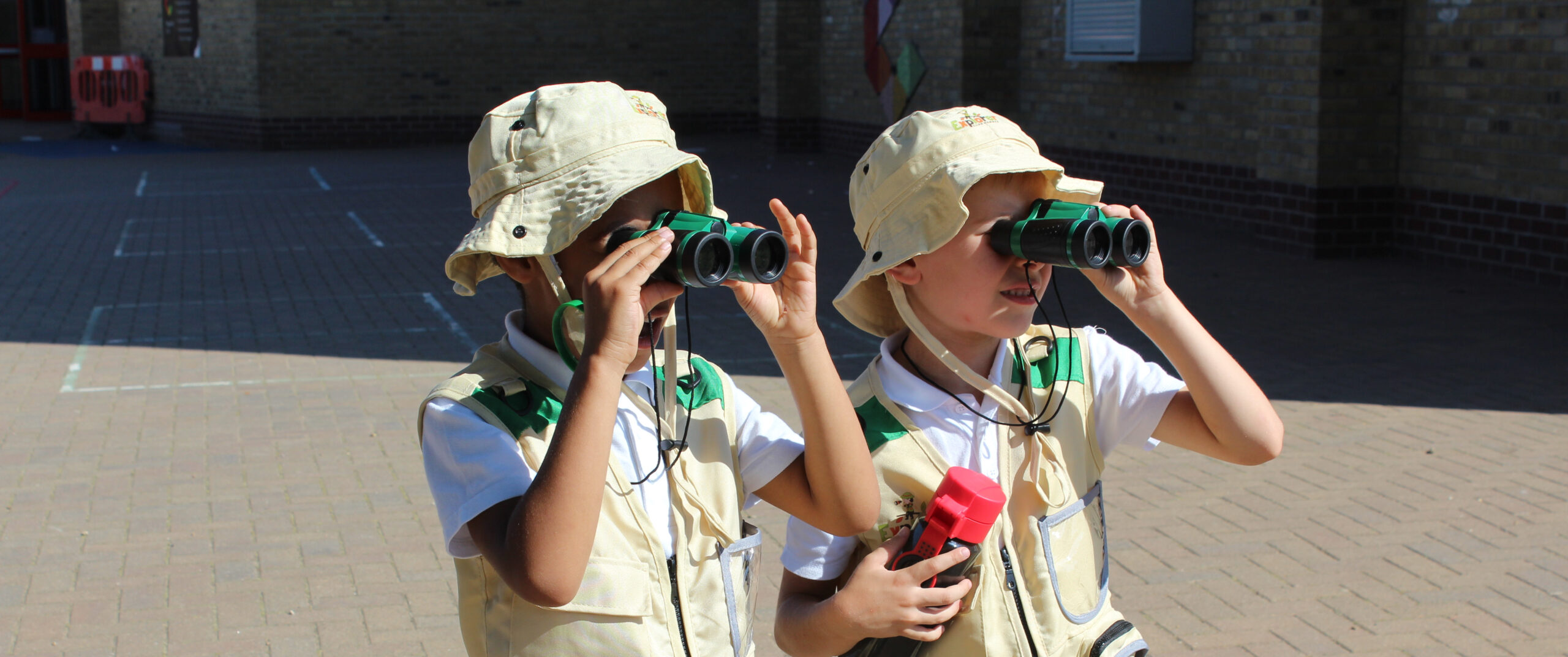
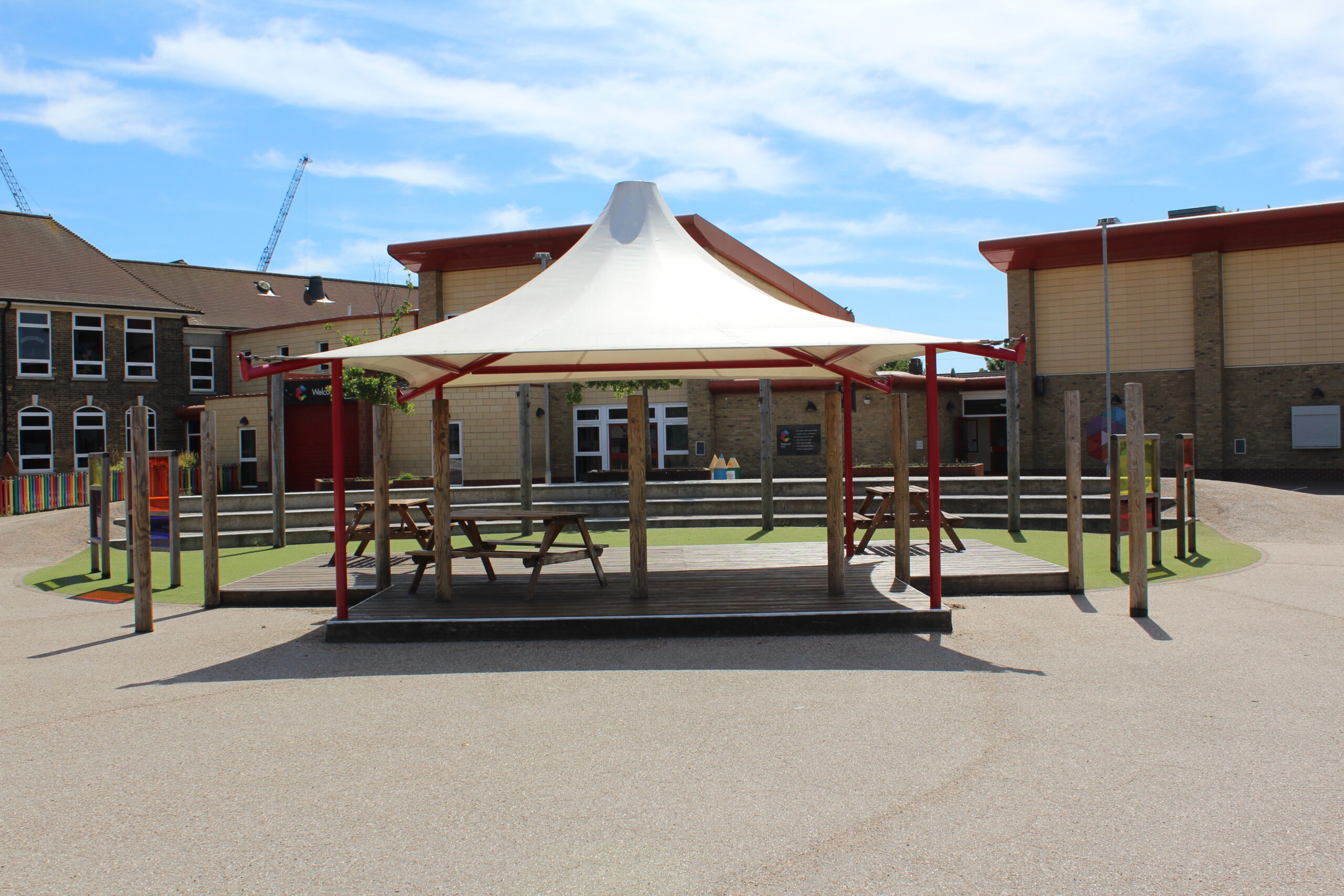

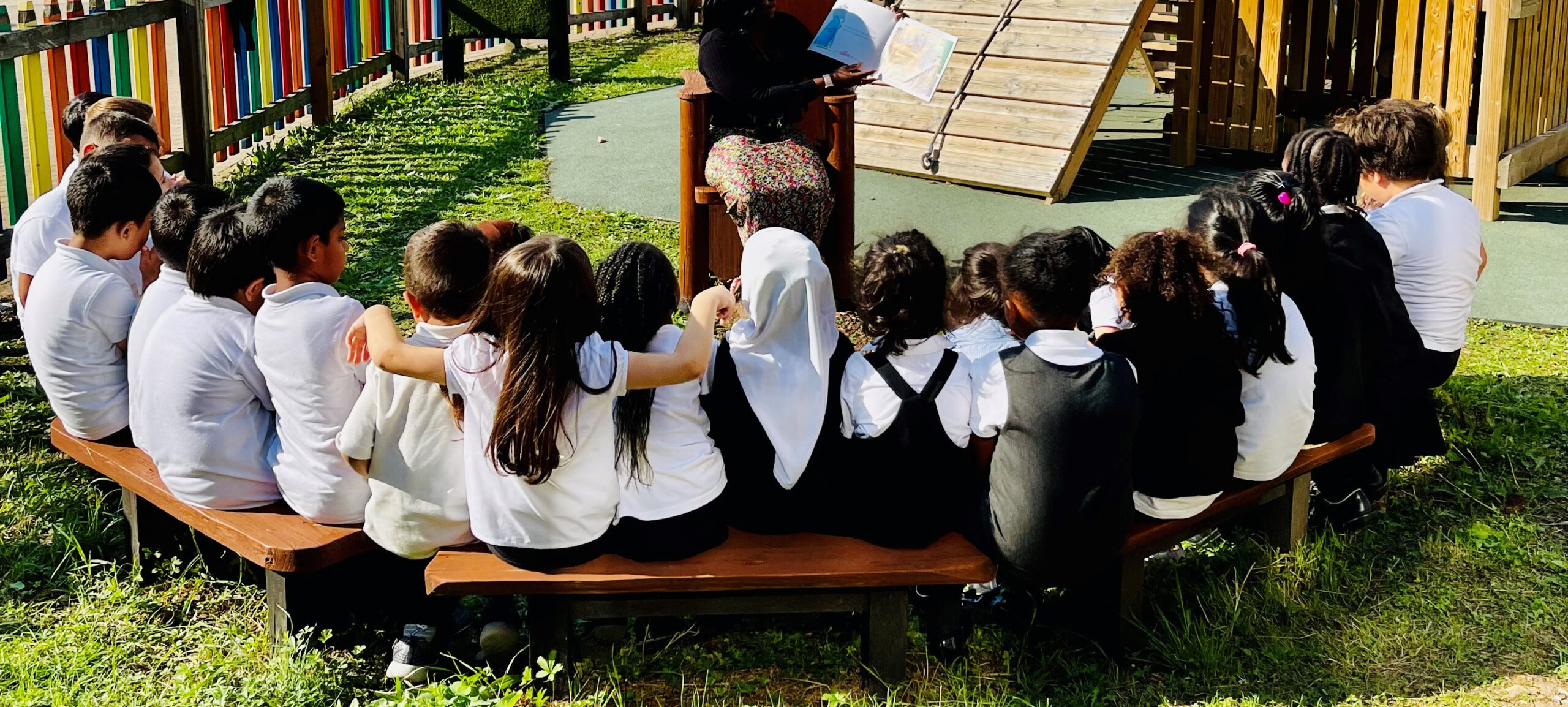
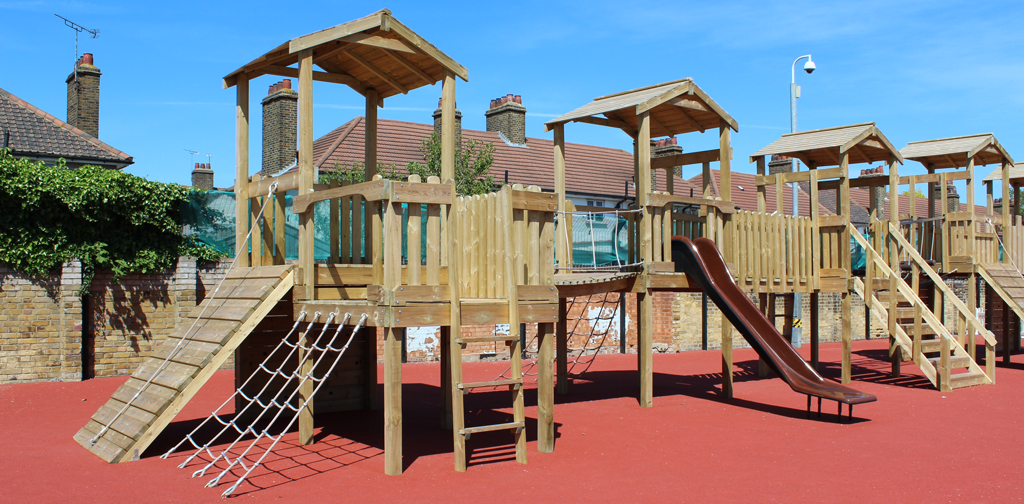




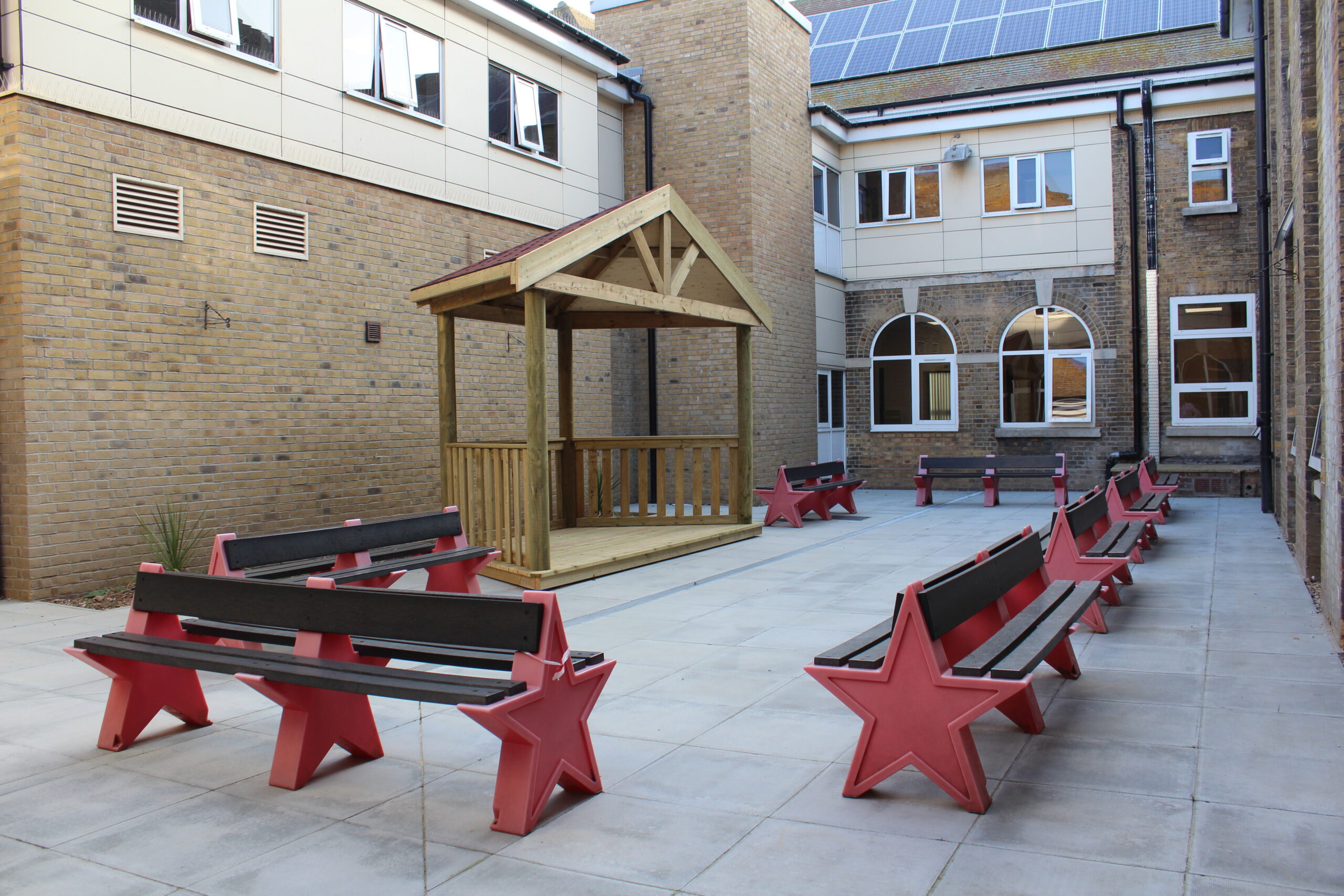

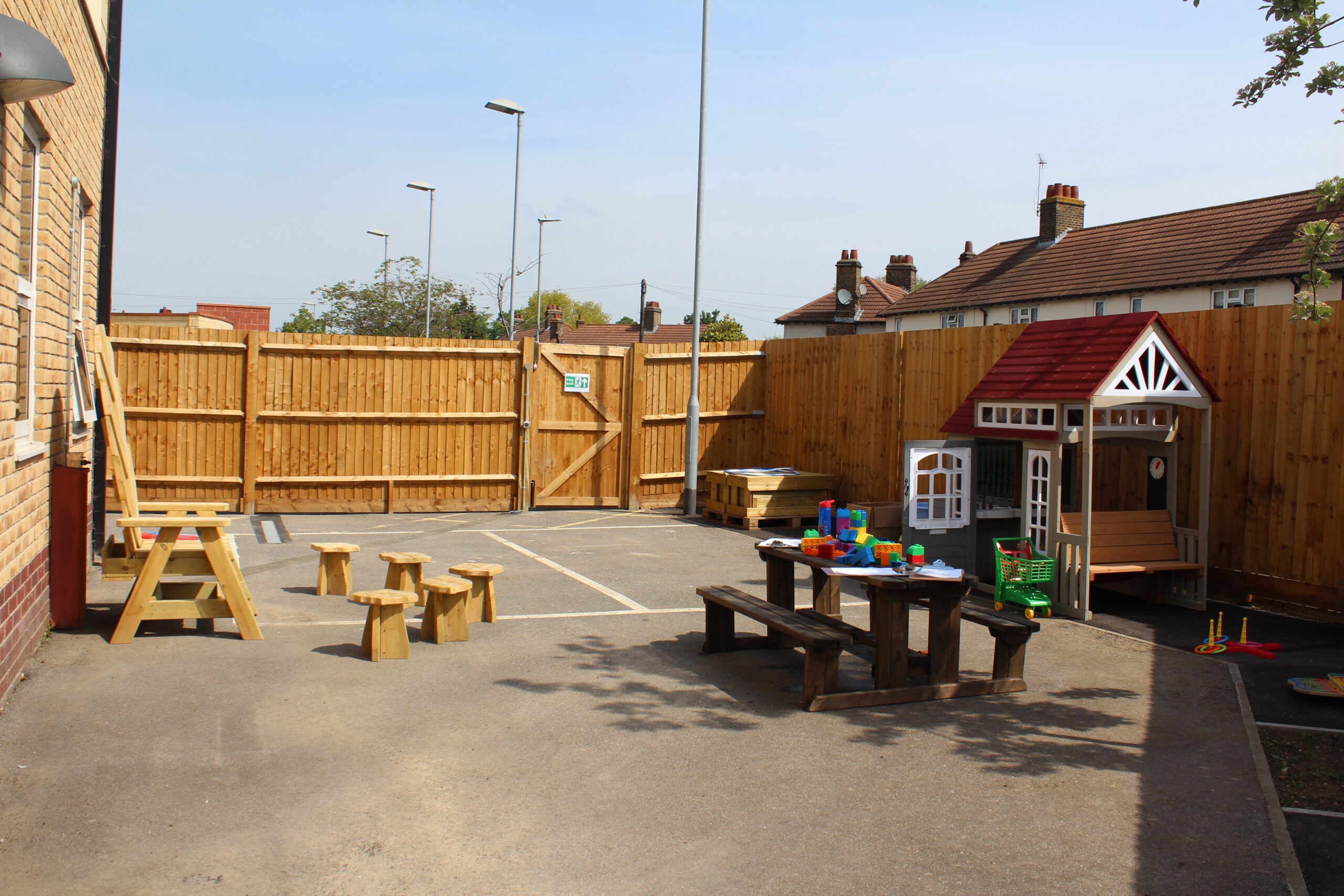

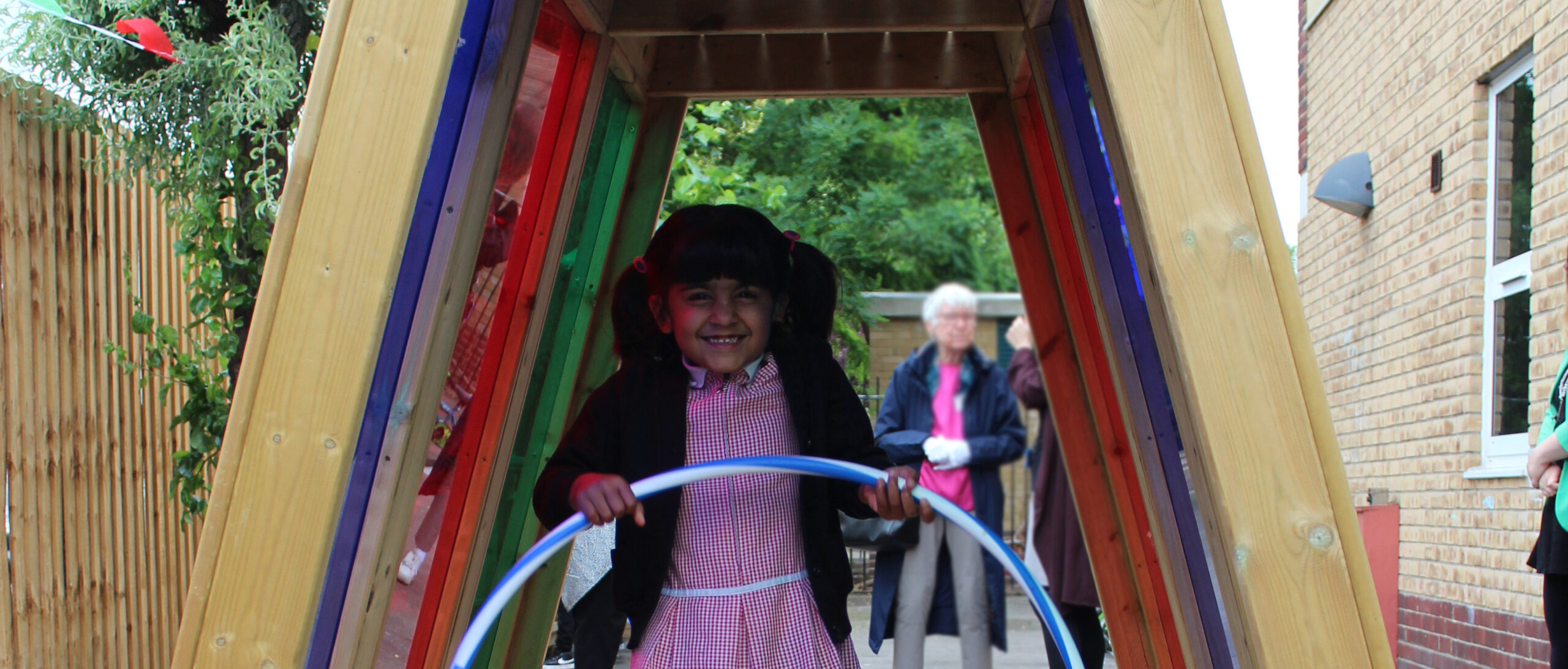
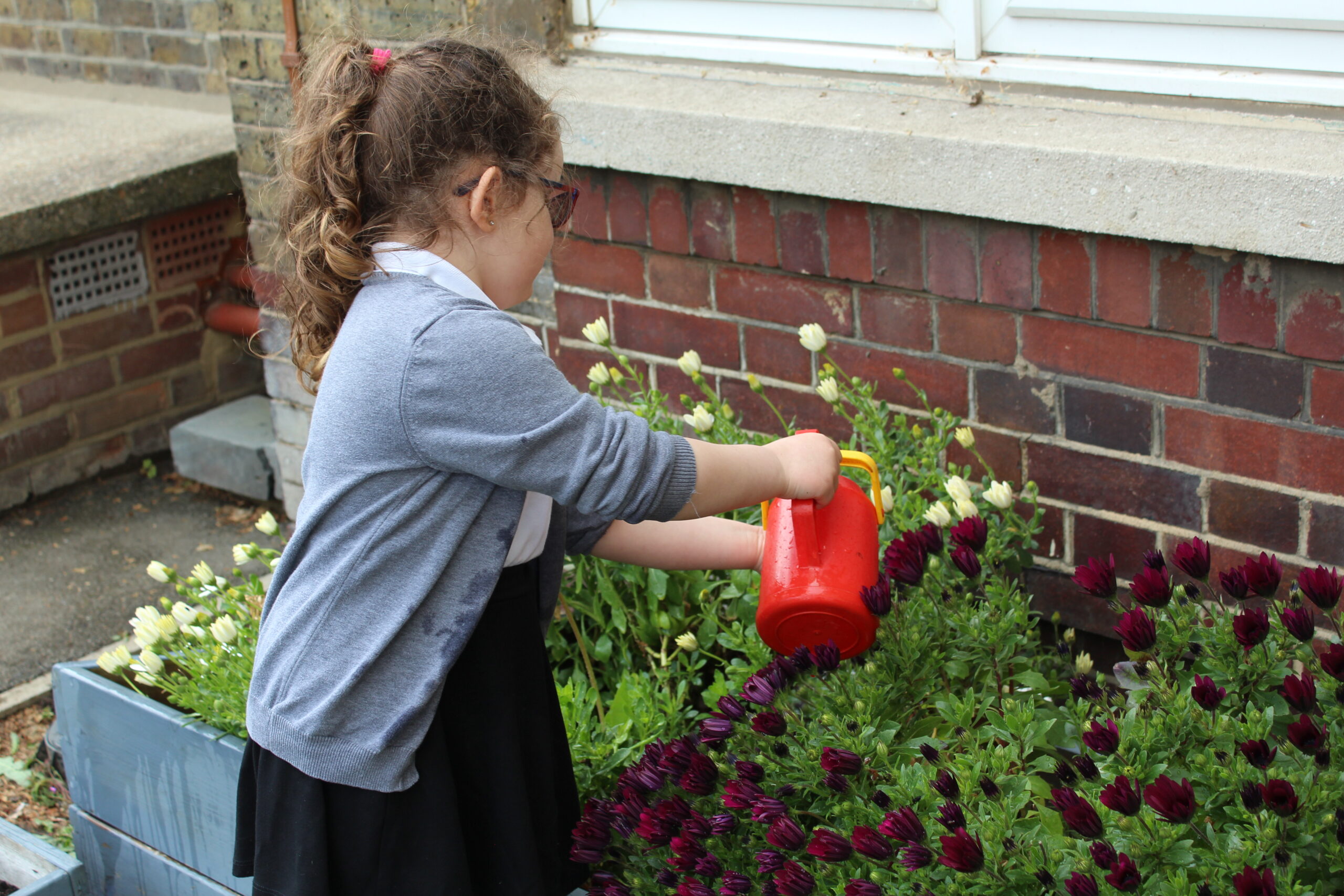









Welcome to our EAL Page
Who We Are
Eastbury Primary school is a large multilingual and multicultural primary school based in the heart of Barking, East London.
In our school the majority of children and staff are bilingual or multilingual and we all bring a piece of our different cultures from all continents of the Planet Earth.
I am Bilingual and proud!
At Eastbury, we are extremely proud that we are all so different and unique but we all feel valued for who we are, and how we feel that we belong.
We pride ourselves in recognising Bilingualism and Multilingualism as a great asset that is enriching everyone’s potential, and we celebrate our skills and diverse backgrounds during International Languages Day in the Summer term.
On that day, a different language is assigned to each year group and all pupils in our school will learn to say basic greetings, count numbers to 10 and learn the colours in a new language.
All staff and children are encouraged to dress up in the colours of their national flags or in traditional dresses.
Our Children With EAL
Our school is the first step into an education system for many children newly arrived into the UK. To them and their families, we are a significant part of their new beginning in a new country and their new life away from everything that is well-known and familiar.
New language, new culture, new curriculum.
Our EAL children come from a range of cultural, religious, national and linguistic backgrounds and a very large percentage is the New to English children.
Eastbury’s Challenges
As many schools in Barking and Dagenham, we have the majority of our children, speaking English as an Additional Language.
At Eastbury, around 75% of the pupils are EAL at different stages of their language acquisition.
We face our own great challenges with a big number of mid-term new admissions of New to English children.
Another great challenge is the mobility throughout the academic year which we cannot predict or prepare for.
Eastbury is for Everyone!
Therefore, at Eastbury, we have created and established a consistent whole-school EAL provision to support all children speaking English as an additional language regardless of the stage of their language acquisition.
We understand the skills, qualities and needs of children with EAL and we use a range of tools to build on their existing knowledge, to use their unique set of skills and support them to develop to their full potential.
We liaise regularly with their parents/carers and monitor their attainment and progress throughout their journey with us.
At Eastbury, we understand and respect the significant challenges many of our families face: moving home, learning a new language, understanding a new culture and traditions and trying to fit in without loosing your identity.
We provide education for everyone regardless of their first language, cultural and educational background!
What We Do
We have a very thorough Induction procedure, which helps us provide the best educational support and school experiences for our pupils.
In vast majority of the new to the country EAL admissions, we manage to collect detailed background information and have an initial baseline assessment carried out in the home language prior to the child’s first day at school.
This enables us to prepare and plan for appropriate support and next steps, to arrange a solid buddy system in class, to inform all teaching, office and support staff with key information about the new pupil and guarantee a great settling period and an amazing journey with us.
Steps
- we gather educational and background information
- we do a baseline assessment in home languages
- we take the families and children on a tour around the school (currently following the Government’s guidelines during the Covid-19 pandemic)
- we provide as much information as possible about the school, educational system’s expectations and differences
- we meet the child on the first day of school at the main entrance and introduce them to their class
- throughout the first few days, we ensure that the New to English (mainly new arrivals to the country) pupils have settled well in class, have solid buddy support, understand the school routine and rules and look forward to coming to school.
Eastbury Learning Environment
We provide an education for everyone, which acknowledges and is enriched by the diversity of ethnicity, culture and faith of our pupils. We believe that the curriculum must reflect this diversity and that successful education is achieved by sharing the experiences and cultural backgrounds of all children.
We provide equality of access to the curriculum for all our pupils, including those for whom English is an Additional Language. This is achieved by a whole school approach by the direct language support from all teaching staff providing EAL support.
We believe we have created a learning environment that allows all children to experience, understand and celebrate diversity. A learning environment that includes a varied range of teaching and learning strategies, multicultural and multilingual resources, displays and whole school celebrations that embrace a wide range of world cultural events.
Parental/Community Involvement
At Eastbury Primary School we encourage parental involvement by:
- Providing a welcoming induction process for newly arrived pupils and their families/carers.
- Using translators and interpreters, where appropriate and available, to ensure good links are made between the family and the school.
- Identifying linguistic, cultural and religious background of pupils to inform our provision
- Celebrating and acknowledging the achievements of EAL pupils.
- Recognising and valuing the use of first language for developing positive partnerships between school and home.
- Supporting parents, so they can help their children at home.
EAL Learning
Communication is the main principle for EAL pupils in all lessons. The main task is to create a classroom where language development can take place naturally.
The skills of listening, speaking, reading and writing are not separated, but are combined in a meaningful whole pupil experience. In the center is speaking, which, involves listening. The children communicate with each other through paired work and group work and this way they improve their listening as well. Through speaking exercises such as interviews, storytelling and drama, the children gain verbal routine, enthusiasm, and confidence. The key vocabulary is taught at the beginning of a new topic and the children learn and practise grammatical structures and sentence building using the topic vocabulary.
The curriculum is built around the pupils, and this helps the children to use their prior knowledge and experience. The speaking and listening are always the starting point of a new topic or activity and writing is always the last step. The grammatical rules and the sentence structures are taught within the context of the different topics and forms. Visual resources are used to aid their learning.
Strategies
Staff use support strategies to ensure curriculum access:
- Group work
- Opportunities for speaking and listening
- Role models of speaking, reading and writing
- Verbal support-repetition, alternative phrasing, peer support
- Visual support, e.g. posters, objects, non-verbal clues, pictures, demonstration, use of gesture, etc.
- Bilingual resources, e.g. dictionaries, on-line support, bilingual staff/pupils, texts, key word lists, writing frames, directed activities related to texts
- Opportunities for role play Ø Regular feedback from staff
- Opportunities to focus on the cultural knowledge explicit or implicit in texts
- Talk time before and during reading and writing activities
- Learning progression moves from concrete to abstract
- Further support for pupils’ language development is provided outside the formal curriculum, e.g. in assemblies, school clubs, homework clubs, etc.
Equality Impact Statement
Under the Equality Act 2010 we have a duty not to discriminate against people on the basis of their age, disability, gender, gender identity, pregnancy or maternity, race, religion or belief and sexual orientation.


